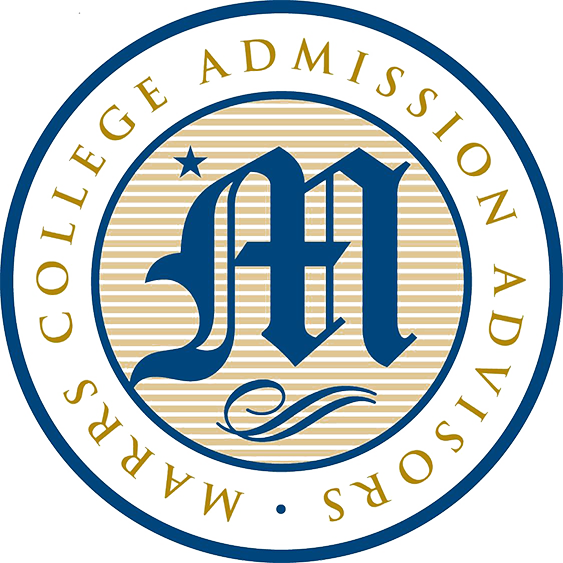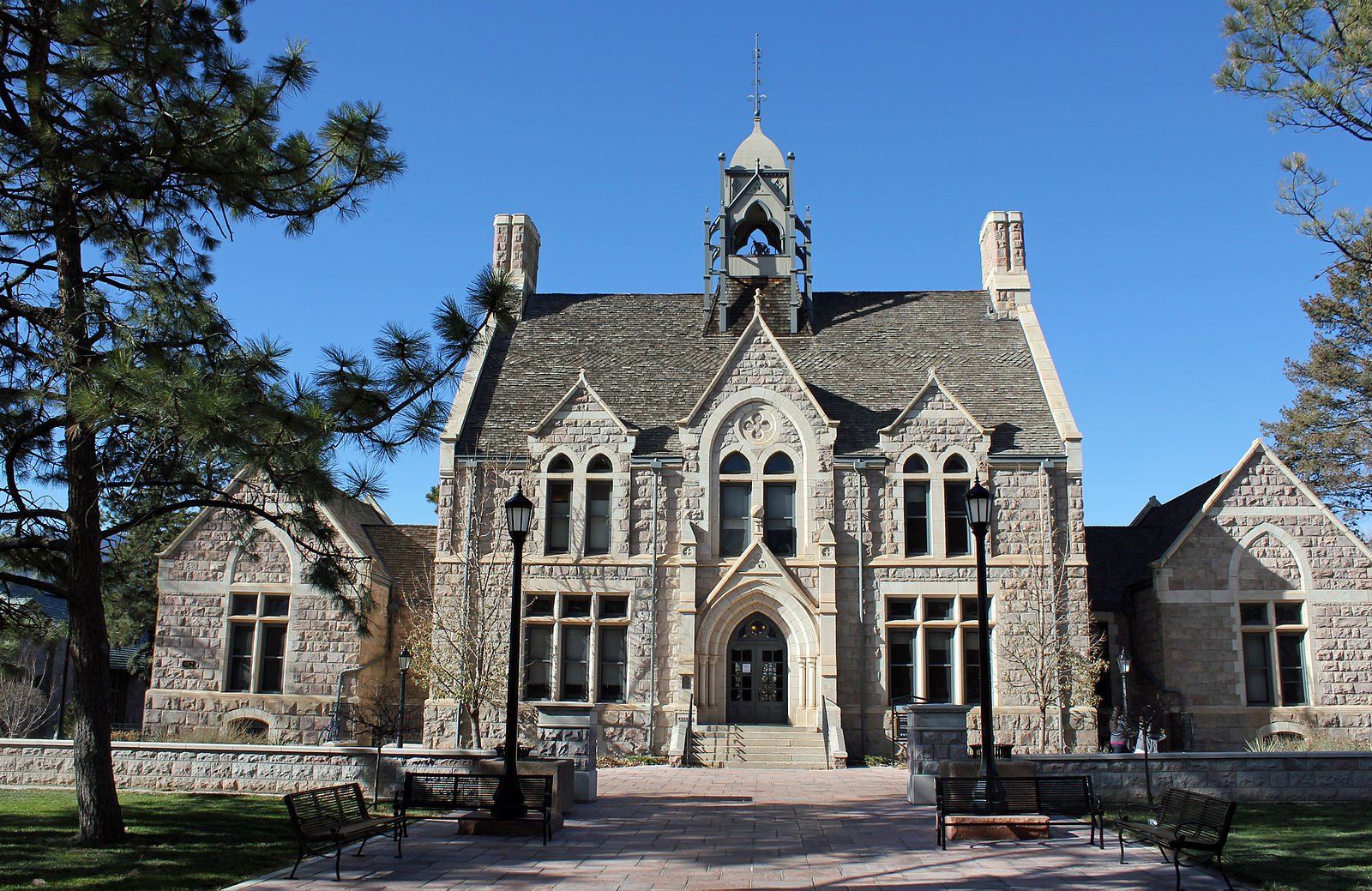College Highlights
Colorado College
Colorado College
Colorado Springs, CO
(From the Fiske Guide to Colleges)
The Block Plan, a one-course-at-a-time academic schedule, is CC's claim to fame. It is great for in-depth study and short-term study abroad but less suited to projects that take an extended period of time. CC is the only top liberal arts college between Iowa and the Pacific.
Colorado College is one of the few U.S. schools offering one-course-at-a-time block scheduling. For more than a century, CC's focus on creative approaches to academics and its breathtaking location at the edge of the Rocky Mountains have drawn bright, independent liberal arts enthusiasts who also like to go out and play. "Students come because they want to change the world, help others, and have a little fun," asserts a senior.
Founded in 1874, the college campus lies at the foot of Pike's Peak, in the town of Colorado Springs. Many homes in the surrounding neighborhood are on the National Register of Historic Places, as are many CC buildings, including its first, Cutler Hall, and Palmer Hall, named after town founder William J. Palmer, a major force behind the establishment of the college. The recently completed East Campus Housing Community includes eight residential facilities for upperclassmen, a community center, and an outdoor courtyard.
CC requires students to take courses focused on global cultures, issues of inequality (with respect to nationality, race, ethnicity, gender, class, and/or sexuality), natural sciences, and quantitative reasoning. Foreign language proficiency is also required. What really defines the academic climate, though, is the Block Plan (see also Cornell College in Iowa). Students take eight courses between early September and mid-May, but focus on each one, in turn, for three and a half weeks. Some courses, such as neuroscience or those involving longer-term projects, are two blocks long. Four-and-a-half-day breaks separate the blocks. The plan helps students stay focused, eliminating the temptation to let one course slide so that they can catch up in another. But there are trade-offs. Students say it can be hard to integrate material from courses taken one at a time. There's also the danger of burnout, because so much material on a single subject is crammed into such a short span.
The First-Year Experience program, consisting of a two-block sequence of courses with a student mentor and two advisors, helps students adjust to college-level academics, research, and the fast pace of the Block Plan. "CC is extremely collaborative," notes an environmental policy major. "However, it's extremely intense." Seventy-three percent of classes have fewer than 20 students, and required courses aren't hard to get into, since spots are secured with an auction system. "The professors are very accessible, and it is easy to have a good working relationship," says a history and political science major.
The most popular majors at Colorado include economics, political science, sociology, organismal biology and ecology, and international political economy. Students say that the sciences in general, and particularly geology and environmental science, are strengths. The block schedule permits some classes at unique times and in unique places—for instance, astronomy at midnight, or coral biology work in the Caribbean. The college's popular major in Southwest studies includes time at its Baca campus, 175 miles away in the historic San Luis Valley. Other interesting interdisciplinary programs include Asian studies and race, ethnicity, and migration studies. More than 80 percent of students study off campus at least once during their time at Colorado.
Just 15 percent of Colorado College students are in-staters, 9 percent are international, and the rest are from all over the United States. "The students are laid-back, nature-loving hippies," says a student. "The general political orientation is extremely liberal," says a senior. The college meets 100 percent of admitted students' demonstrated financial need, and a limited number of merit scholarships, averaging $9,000, and athletic scholarships are available.
Eighty percent of the students call campus housing home, and only seniors are permitted to live off campus. "The underclassmen dorms range from brand-new, almost luxury suites, to pretty old but full of character," says a senior. The "exceptional" dining facilities include a traditional, all-you-can-eat dining hall; a grill with American, Mexican, and sushi options; and an all-natural cafe and convenience store. The "low-key" Greek system attracts 12 percent of the men and 8 percent of the women. Favorite traditions include the annual Llamapalooza and Blues & Shoes (bluegrass and horseshoes) music festivals, and the monthly Full Moon Cruisers, where "students gather at 10 p.m. decked out in crazy outfits to ride their bikes downtown and party under the full moon," explains a student. Freshman outdoor orientation trips help newcomers sort out the options, from backpacking and hiking to rafting, bicycling, and windsurfing. Students can even reserve a college-owned mountainside cabin. Service trips are sponsored during block breaks, and the majority of students do some type of community service during their time at CC, often through community-based learning courses.
The Colorado College Tigers compete in two Division I sports—men's ice hockey and women's soccer—as well as 14 Division III sports. Men's and women's soccer, lacrosse, swimming, and cross-country and women's volleyball have made national tournament appearances in recent years. The hockey rivalry with the University of Denver is huge. Nearly 70 percent of students partake in more than a dozen intramural sports, and 15 club sports are also available.

